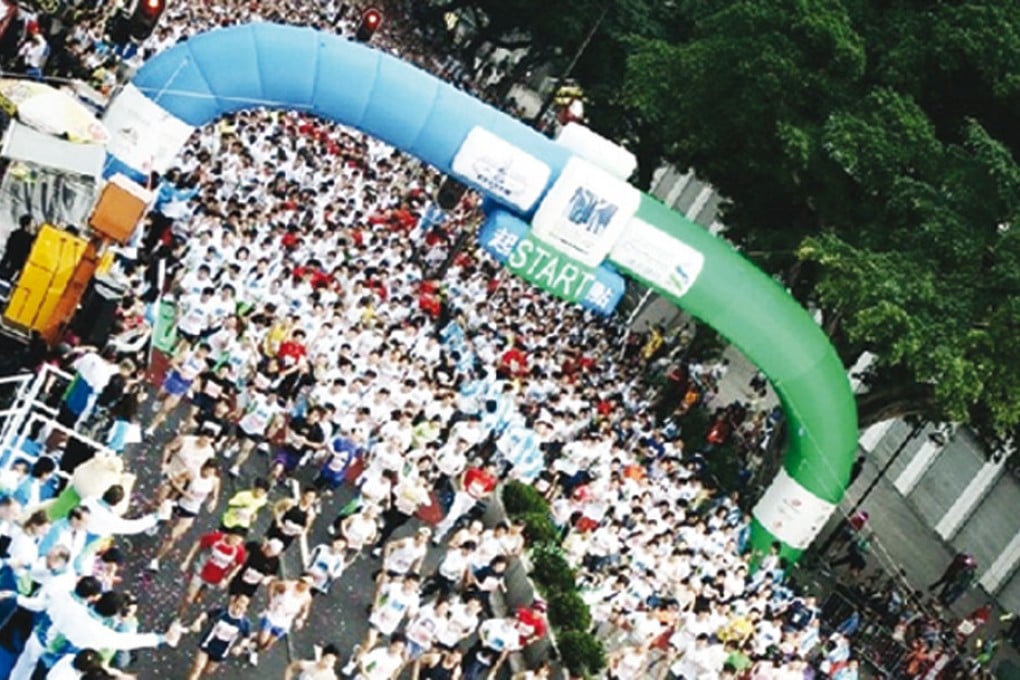Go the Distance
Stephanie Woo puts on her running shoes.

The Standard Chartered marathon is coming up this February. It might seem a little premature to mention it at the start of December, but actually, it’s far too late for couch potatoes whose new year resolution was to start training for it. Ideally, you need six months to train yourself up as it’s potentially lethal to run a marathon with no training or preparation whatsoever, according to Duncan MacFarlane of the Institute of Human Performance at University of Hong Kong. But fret not, Dr. MacFarlane and Professor Stanley Hui of the Department of Sports Science at Chinese University of Hong Kong have given us some tips for a crash course in marathon training.
One month before the race
Get “quality mileage” under your belt
The most important thing for a marathon runner to accomplish, according to MacFarlane, is getting “quality mileage.” Prepare your body for the long distance as well as the pounding on the road. Hui has a similar tip: “Make sure you train progressively and build up your stamina.”
Up interval trainings
Interval training is essential for competitive runners, but not so important for novices, MacFarlane tells us. Interval training 1-2 times a week will improve speed and muscle strength, which will help runners in the first and final stages of the marathon.
Resistance training
Using free weights and leg-press machines are perfect for resistance training if you do it 2-3 times a week. It’ll help tone your muscles and prepare your body for high muscle tension, explains MacFarlane. Try three sets of 10-15 reps. Running up a hill is also good for resistance training.
Power up with squats
Single-leg squats tone muscle while improving balance.
Listen to your body
The last thing you need during this crucial period is to get sick or injured. Sleep early and skip your training sessions for a day or two if necessary, Hui advises. Keep healthy by consuming plenty of antioxidants, glutamine and carbohydrates, which will boost your immunity and energy levels. Go for beans, raw spinach, blueberries and fat-free milk.
Pamper yourself
Frequent massages will keep your muscles from overstraining; this means faster recovery times and less chance of injury. Go for massages after intense training sessions because that is when your muscles are the most tense.